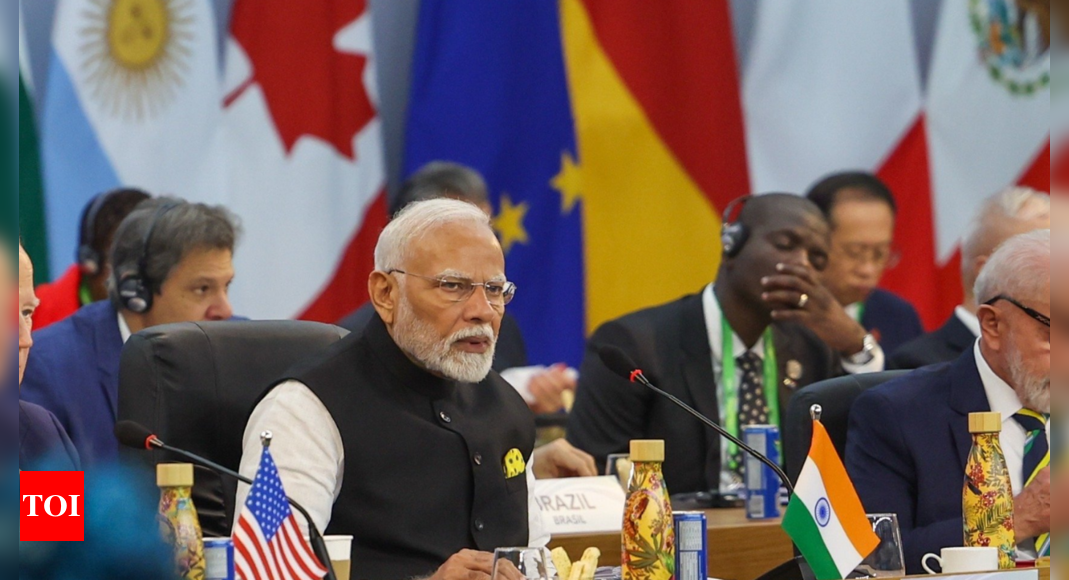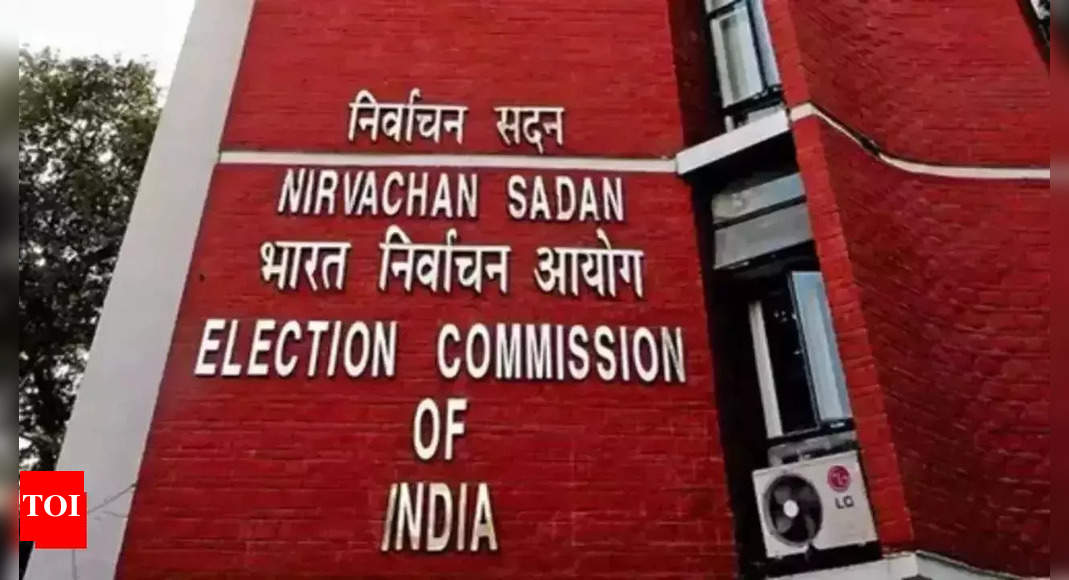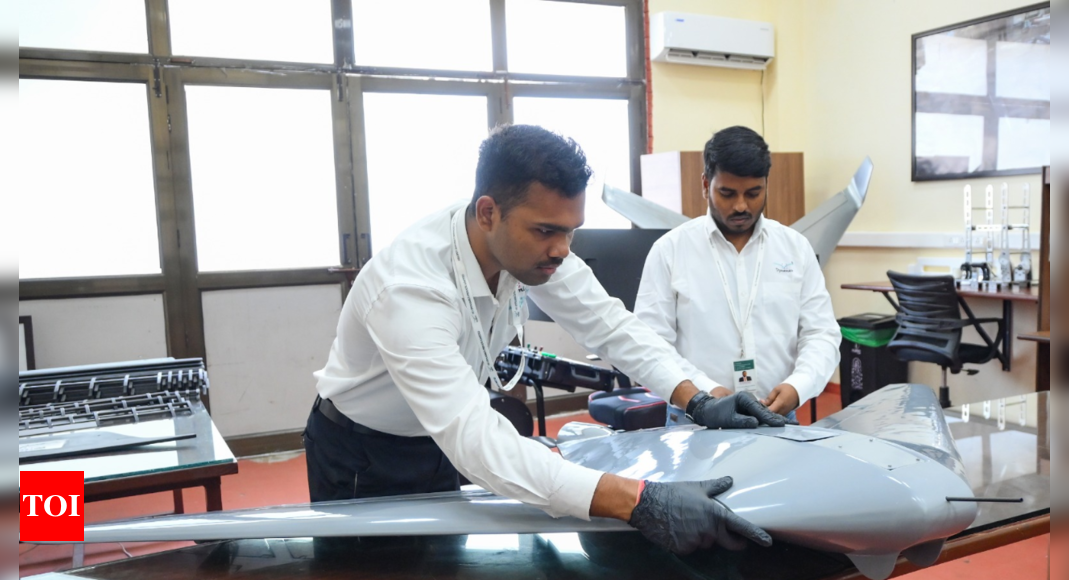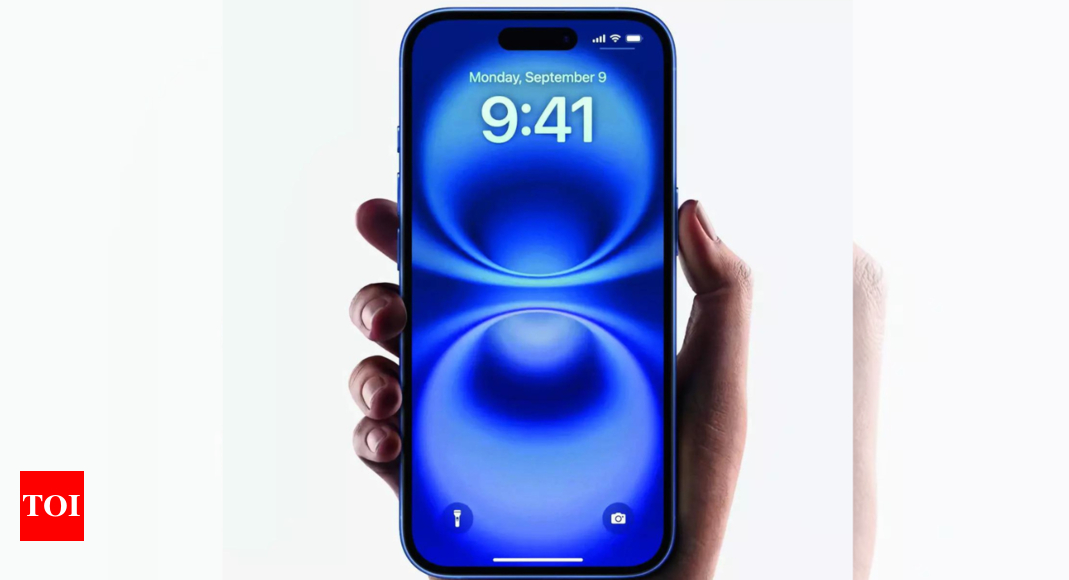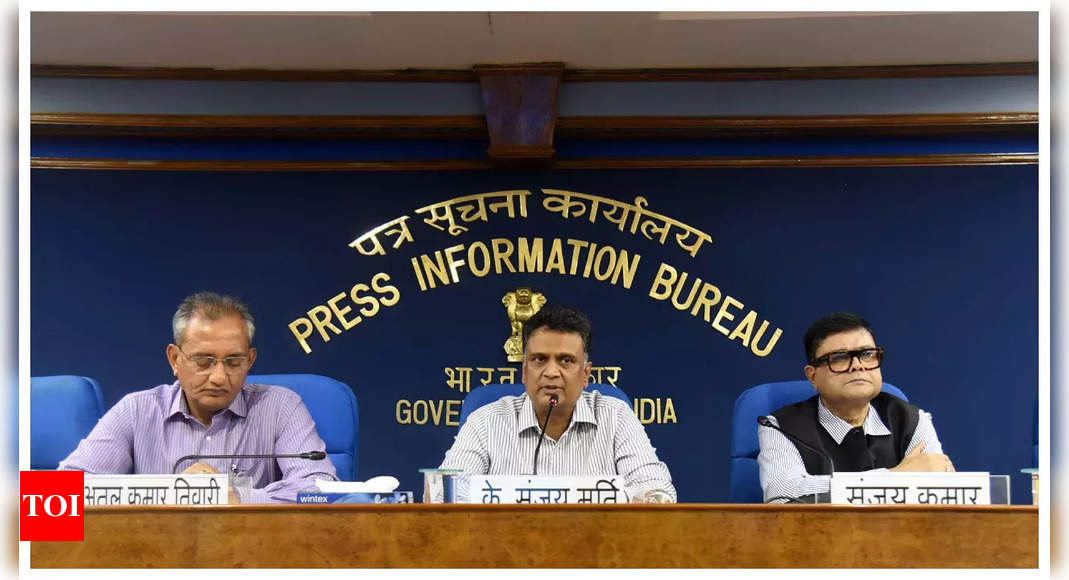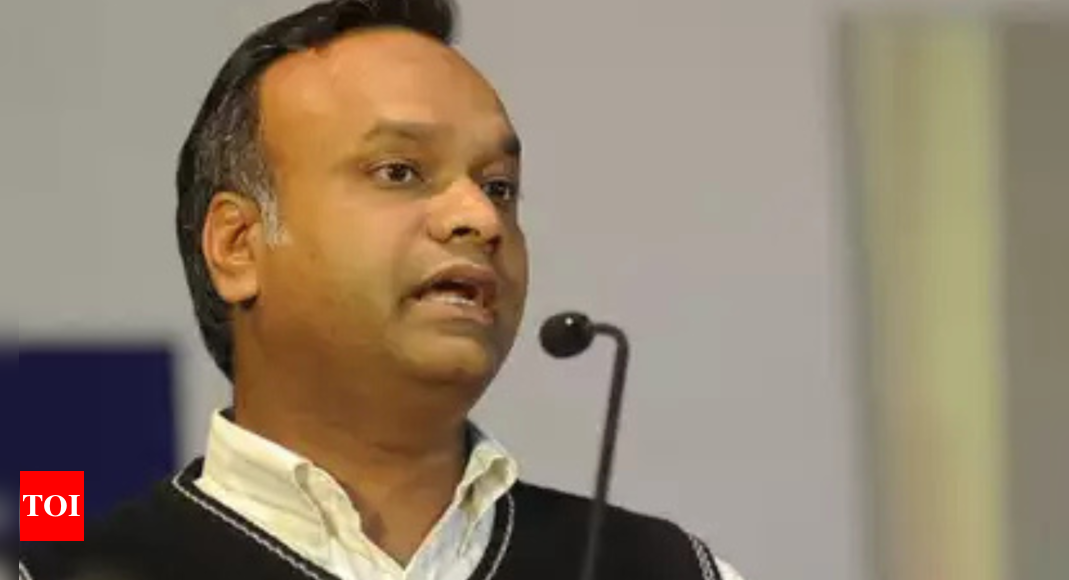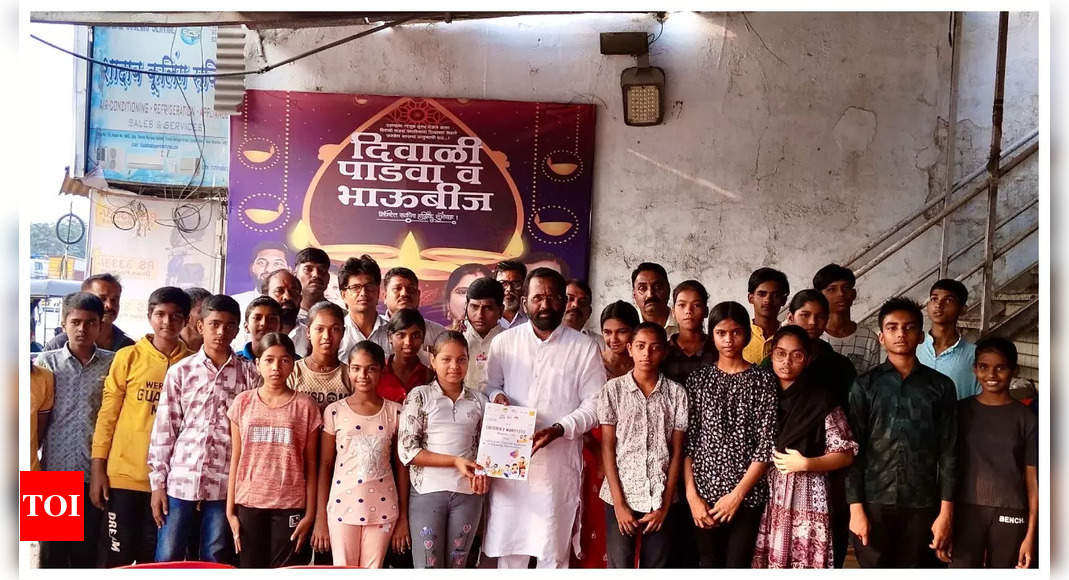
As election season heats up, a unique manifesto has hit the scene—not from seasoned politicians or activists but from those whose voices are usually drowned out — kids. Created under an initiative called ‘Children Speak: A Collective Commitment in Empowering Children’s Voices,’ 11 NGOs across Mumbai including Prerana, Leher, Pratham, Jan Jagruti Vidyarthi Sangh, Apnalaya, Sneha, Salaam Baalak Trust and others, active in the child rights space for over two decades, teamed up to give children a platform to air their concerns and propose changes in the world they are growing up in.
The result—a children’s manifesto—crafted over three months of hands-on workshops where around 70 kids from a wide range of communities across the city and surrounding districts including Vitbhatti (Goregaon East), Kamathipura and Falkland Road in South Mumbai to Dharavi, Malad, Vikhroli and Thane came together to brainstorm about their daily challenges and speak up on what matters most to them.
“We (the NGOs) have been working at the community level with children living in underprivileged areas forming collectives and encouraging children’s participation in both formal and informal committees, wherever possible. So, we thought these children should all meet each other, exchange ideas, and understand the different problems a child in Dharavi might be facing as opposed to a child living in Vashi-Turbhe or M-East Ward slums,” explained Priti Patkar, co-founder and director Prerana an NGO focused on protecting women and children from trafficking and violence. “There were facilitators guiding the children to understand which authorities—such as the education department, the district Women and Child Development Office or the police—are responsible for addressing which issues,” she adds.
Armed with their 11-point agenda, these 12 to 17-year-olds have been presenting their case to poll candidates like Amin Patel and Suresh Kulkarni, who took the time to listen.
The manifesto isn’t just a list of complaints but packed with practical, no-nonsense ideas for a safer, happier life. At the top of their list are clean, accessible toilets in schools and public places—especially important for girls— and basics like clean drinking water and nutritious food, which many kids feel is still a big gap in their day-to-day lives. These young advocates also pointed out that public transport needs a serious safety upgrade with built-in monitoring systems to give parents peace of mind when their kids are on the move.
For 14-year-olds Alshifa Ansari and Shafeeque Shaikh from Turbhe, working on the manifesto wasn’t just another school project but a way to show that their voices matter. “We’re the ones who deal with these problems every day.If we don’t say anything, who will? Leaders need to know what life is really like for kids like us. For me, safety is the biggest problem. Girls like me can’t even go outside to play without worrying about being teased. Even boys aren’t safe if they’re out late,” says Alshifa.
For Shafeeque, the issue is right under his feet. “The roads are so bad here, full of potholes,” he says. “It’s scary whether we’re walking to school, playing outside or even sitting in a rickshaw. Someone’s always getting hurt because of it.”
Learning, they argue, doesn’t just mean books and exams. They want spaces like playgrounds, libraries, and activity centres to learn different kinds of sports, arts and skills, so they’re prepared not just for exams but for real life. Their manifesto also demands tougher safety measures to combat harassment, trafficking and gender-based violence as well as awareness on substance abuse.
Finally, they want a seat at the table when decisions are made that affect their lives. They believe they should be part of school management committees, alongside teachers and parents, so their opinions count. They also want local governments and NGOs to engage with them directly at forums where they can speak up. They’re also pushing for Mohalla Committees to take children’s views seriously in community decisions and greater support for the Sakhi Savitri Committee, which the children see as an important ally for tackling challenges specific to young girls.
On Sunday, around 150 children took centrestage at Maharashtra Nature Park in Dharavi to present their manifesto to influential figures, including representatives from the District Legal Services Authority, the Women and Child Development Office, UNICEF Maharashtra chief Sanjay Singh and Sushiben Shah, chairperson of the Maharashtra State Commission for Protection of Child Rights.


